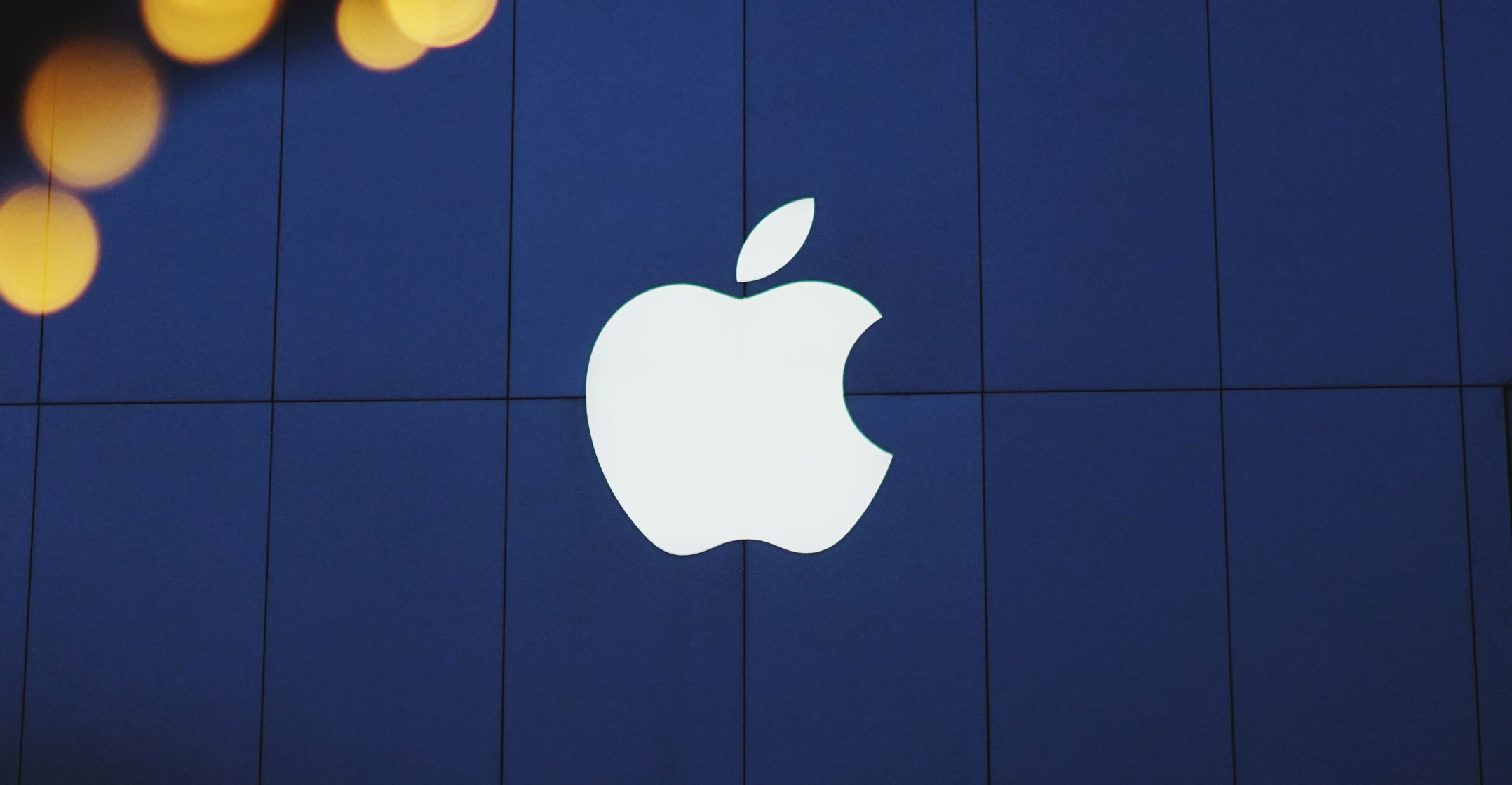 Since Apple admitted that iPhone sales are worse than the company expected, attention has been focused on Apple’s business in China and the fallout generally from that country’s economic hiccups. That’s logical because Apple said weak iPhone sales in China were largely responsible for an estimated 5% revenue decline in the December quarter.
Since Apple admitted that iPhone sales are worse than the company expected, attention has been focused on Apple’s business in China and the fallout generally from that country’s economic hiccups. That’s logical because Apple said weak iPhone sales in China were largely responsible for an estimated 5% revenue decline in the December quarter.
That shouldn’t obscure the reality that China wasn’t the biggest driver of Apple’s recent growth and therefore shouldn’t take all the blame for the revenue retreat. To mangle a line from the great poet, Apple has 99 problems and China is just one.
Apple’s revenue rose by US$36-billion, or 16%, in its 2018 fiscal year ended in September. Gains in the region including China, Taiwan and Hong Kong were responsible for 20% of the increase. The Americas and the region including Europe, India, the Middle East and Africa — both larger markets for Apple — generated 43% and 21% of Apple’s revenue gains, respectively.
In other words, the vast majority of Apple’s growth came from its biggest mature markets outside of China.
China could still be a big contributor to what analysts think will be Apple’s full-year revenue decline. But the geographic sources of growth show that China has been more middleweight than heavyweight in the sales department.
It’s true that China is vital for Apple, and the company failed recently to adjust to local competition and China’s maturing smartphone market. That said, the relative importance of the rest of the world may be good news for Apple now that China’s slowing economic growth and a government crackdown on consumer debt appear to be hurting sales of some consumer goods including smartphones and cars.
Deep, intractable problem
On the flip side, it means that to revive growth, Apple has much more to do than wait out a soft economy in China. Apple’s problem is deep, intractable and much greater than just China.
Apple’s basic problem is its dependence on a market that isn’t growing anymore. In China and globally, smartphone sales are flat or declining. Even Apple barely sold more iPhones in fiscal 2018 than it did the prior year, although revenue rose largely thanks to higher prices.
The smartphone market is repeating a pattern that started years ago with PCs, where new device sales have been flat or declining since 2011. As with PCs, smartphones are now good enough that people aren’t replacing them as often. This trend was years in the making, and Apple CEO Tim Cook failed to either notice or do anything about it.

It will be hard for Apple to buck the downshifting of the smartphone market. Smartphones generate two-thirds of Apple’s revenue, and other products that are growing consistently — ancillary hardware such as AirPods and the Apple Watch, plus Internet-related services such as app purchases, Apple’s device warranty programme and Google’s revenue-sharing agreement with Apple — are tied at least in part to the number of iPhones sold. Places where smartphone sales are still growing — India, notably — are not in Apple’s wheelhouse, and the company hasn’t done enough to tailor its prices or strategies to those countries.
Let me address the people wondering why we’re worried that Apple might generate “only” one-quarter of a trillion dollars in revenue this year and generate more cash than most countries. Fair enough. Apple remains a corporate marvel. It’s just not the marvel it once was or that Apple executives and investors believed it was. It’s not enough to say Apple will be fine, as even Cook seemed to assure investors in a letter. Apple may not be fine.
There should be a sense of urgency at Apple to try fresh approaches to its business. It may be time to abandon super-luxury prices of iPhones, trim the confusing line-up of products and release new iPhones less frequently. It may also want to test product combinations such as a subscription fee for an iPhone, cellphone service and add-ons like an Apple Watch, a Netflix-like video service and more.
If Apple plans to stay the course, then investors should demand a broad vision of its future. What is Apple? Is it a relatively slow-growing, highly profitable maker of smartphones and other consumer electronic gadgets? Is it a technology growth engine that will pivot into new sectors like health care, driverless cars and the next generation of interactions with computers? And if so, when might those magical marvels start to show up? Apple has been spending unprecedented sums on something, and it’s time for executives to justify those costs.
Yes, China is a problem for Apple, in part because of the company’s missteps and partly because of the same growth-sapped smartphone trends in big chunks of the world. But let’s not overly fixate on what’s gone wrong for Apple in China. The company has many other problems that it seems to be doing too little to address. — Reported by Shira Ovide, (c) 2018 Bloomberg LP

